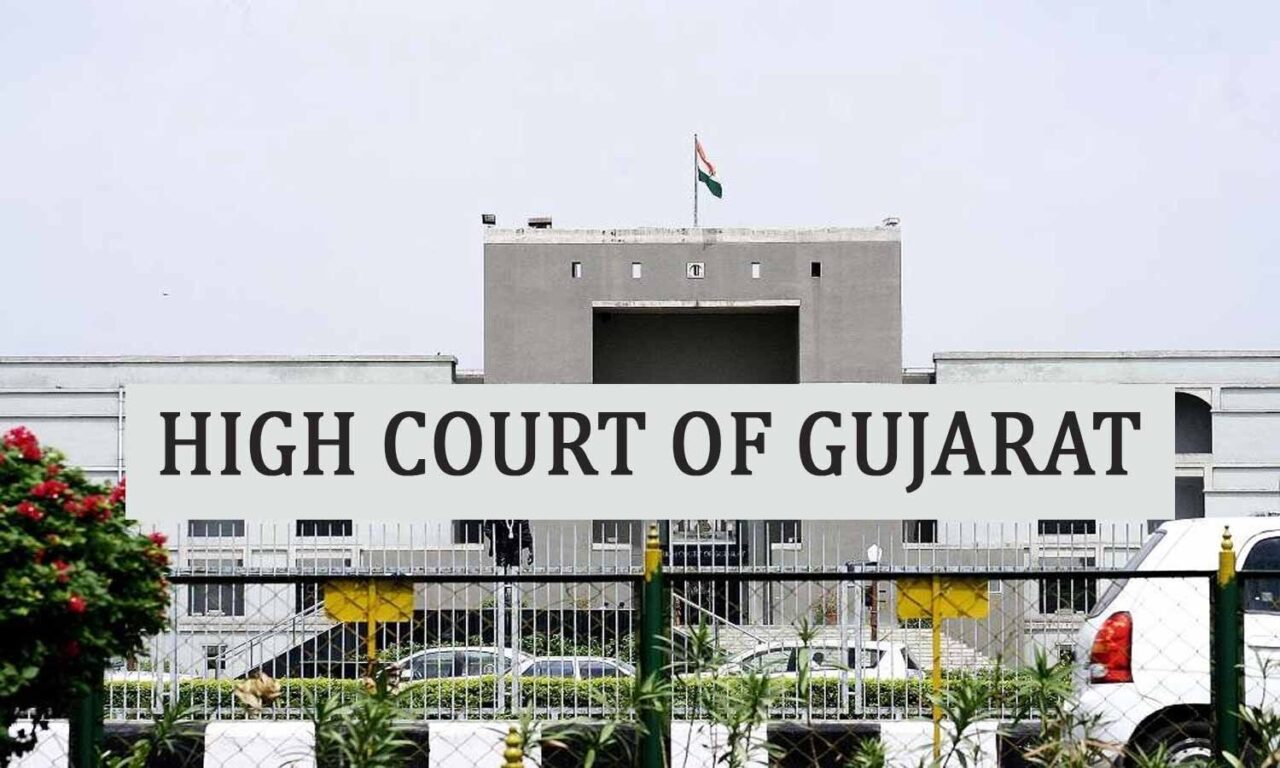Ashwinbhai Mansukhbhai vs State Of Gujarat
Bench: Honourable Justice Ilesh J. Vora
R/CRIMINALMISC.APPLICATION NO. 2749of 2021
JUDGMENT DATED: 24/05/2023
Facts
In the instant case, the deceased Ashok Chavda, employee of Rajkot Municipal Corporation committed suicide by hanging himself in Hotel Miracle at Ahmedabad. He was recruited as a labourer and work charge employee. On 10.11.2012, deceased along with other employees of the same cadre were transferred from Malaria branch to Drainage branch at Bedinaka, Rajkot. The applicant – Chirag Pandya being a City Engineer of RMC was in control and management of Drainage Department of Rajkot, whereas, the other applicants – Jitendrasinh Zala and Ashvin Kanjaria were serving on the post of Dy. Engineer and Asst. Electrical Engineer, RMC respectively. The deceased person was dissatisfied with his transfer posting and was irregular in attending the office. After resuming the duty at the drainage branch, he remained absent for 72 days.
He committed suicide on 4.7.2012. Before the incident of suicide, he wrote a letter addressed to Police Commissioner, Rajkot, alleging therein that the applicants intentionally insulted and intimidated him in front of other employees with an intent to humiliate and harass him as he belongs to a scheduled caste
After the suicide, the father of the deceased lodged an FIR against the applicants to get them behind bars. In view of the registration of the offence, the applicants have approached this Court, seeking quashing of the FIR mainly on the ground that the applicants hold higher posts in the establishment of Rajkot Municipal Corporation and any act done in discharge of their legal duty without there being any intention on their part to abet the commission of suicide by class IV employee, no ingredients of Section 306 of Indian Penal Code are satisfied. Section 306 deals with abetment of suicide.
The advocate for the applicants contended that the plain reading of the FIR and the suicide notes cannot satisfy the ingredients required to convict a person on the basis of section 306.
The advocate for the respondent held that the allegations levelled in the FIR and facts disclosed in the suicide notes, constitute a cognizable offence and based on this, the FIR was registered and still investigation is not completed due to interim order passed by this Court. Thus, it was urged that at this stage, the criminal proceedings cannot be quashed when the allegations made in the FIR and suicide notes disclosed the commission of offence
Judgement
The Court after hearing the contentions of both the parties held that there is no allegation that the deceased was continuous harassed and insulted deliberately without justifiable cause or reason. A simple act of issuing notice or memo for the irregular attendance of the deceased, for which he was otherwise duty bound to serve the department, would definitely not amount to abetment of things as defined under Section 107 of Indian Penal Code.
Thus, considering the aforesaid aspects as discussed hereinabove, the applicants had no intention to drive the deceased to commit suicide and they could not anticipate the same. To bring home the applicants for the charge under Section 306 of Indian Penal Code, the intention and mens rea are main ingredients of the offence of abetment and they are lacking in the present case.
For these reasons, the Court was confident that a case of abetment of suicide fails to sustain and hence quashed the charges against the applicants
JUDGEMENT REVIEWED BY AMIT ARAVIND
“PRIME LEGAL is a full-service law firm that has won a National Award and has more than 20 years of experience in an array of sectors and practice areas. Prime legal fall into a category of best law firm, best lawyer, best family lawyer, best divorce lawyer, best divorce law firm, best criminal lawyer, best criminal law firm, best consumer lawyer, best civil lawyer.”


